This piece is part of a series titled “Nonstate armed actors and illicit economies: What the Biden administration needs to know,” from Brookings’s Initiative on Nonstate Armed Actors.
As Iraq enters 2021, an economic crisis looms on the horizon, exacerbated by the COVID-19 pandemic and the drop in oil prices. For months now, signs of this crisis have surfaced through delays in payment of public salaries and pensions, and most recently, a decision by the Central Bank of Iraq to devalue the Iraqi dinar, pegged to the U.S. dollar, by 23%. The tension on the street is palpable. Despite the financial strain, the cabinet’s proposed budget is nearly the same as the last budget passed in 2019. However, there are increases in security-sector budgets, including that of the Ministry of Defense, Ministry of Interior, the Counterterrorism Service (CTS) and the Popular Mobilization Forces (PMF) — a set of paramilitary groups that was established to help defeat the Islamic State (ISIS) in 2014. This makes paramilitaries, and the political entities associated with them, powerful economic actors on the eve of an economic crisis, when Iraq’s youthful and financially beleaguered population is most susceptible to clientelism.
Decades of political science research has demonstrated that economic grievances — particularly when held by youth — can lead to violent outcomes, including civil war. In addition to fears that the violence will resurge, desperate economic times create opportunities for clientelism, defined here as the exchange of goods and services for electoral and political support. The protest movement of October 2019 demonstrated, among other things, that everyday protesters have long sought employment and financial stability. During a financial crisis and ahead of elections, this makes them easy targets for clientelistic political actors.
Iraq has no shortage of clientelistic actors, particularly ones that siphon off state resources (rather than private wealth) and allocate them to their supporters. The recent decrease in oil prices and state wealth overall would suggest, in theory, that political entities close to the state would suffer a reduction in power. However, among a population heavily reliant on state employment, a decrease in oil prices also makes citizens economically weaker. It may reduce the cost of buying off a vote, particularly among political parties and factions whose wealth, as described in the proposed budget, is unaffected.
The federal budget for 2021 (which is awaiting approval from parliament) has increased the budget allocation for the Ministry of Defense by 9.9%, the Ministry of Interior by 9.7%, the CTS by 10.1% and the PMF by 45.7% from the previous budget of 2019. The Iraqi government did not pass a budget in 2020, due to political turbulence at the time. Given that Iraqi ministries are generally held by particular political parties, this amounts to ensuring state wealth for a set of entrenched elites at a time when the average Iraqi citizen is financially strained. Moreover, and as a Brookings report demonstrates, some paramilitaries control border areas and reconstruction sites, which allows them to generate additional wealth from illicit markets and provide informal employment in moments of job scarcity.
These incentives are heightened near elections, which Prime Minster Mustafa Al-Kadhimi has proposed for June 2021 but are more likely to occur later in the year. As these elections approach, political actors — including the PMF — will increase their overtures towards the public and attempt to gain more supporters, as they did in the previous election of 2018. Indeed, it was the lack of employment opportunities, as well as the sudden onslaught of ISIS that pushed thousands of Iraqis to join the PMF as volunteers in 2014. Their ability to provide employment, particularly for youth, allowed their ranks to swell.
Civil society activists have criticized paramilitary groups for engaging in indiscriminate violence against protesters in 2019, as well as targeted intimidation and assassinations afterwards. In fact, one of the main demands of the protest movement is curbing the influence of paramilitaries by securing weapons solely in the hands of traditional security actors. This adversarial relationship between protesters and the paramilitaries, however, does not ensure that the average citizen will not be a target of clientelism. While long-time civil activists demanded electoral and political reform, everyday demonstrators, much like everyday Iraqis, demanded a secure economic future. The latter group is vulnerable to predation from well-resourced political parties.
Concerns about the longevity of Iraq’s paramilitary groups and their relationship to and control of the state cannot be divorced from a discussion about Iraq’s economic future and its ability to provide for its ever-growing population. In the latest Arab Barometer survey, nearly 80% of surveyed Iraqis described their country’s economic situation as “bad” or “very bad.” In the same survey, the most frequent response to Iraq’s most important challenge was either “economic” or “financial and administrative corruption.” An economically weak population is the greatest liability to the security and stability of a state. Economic insecurity disempowers citizens, nurtures corruption, and erodes democracy.
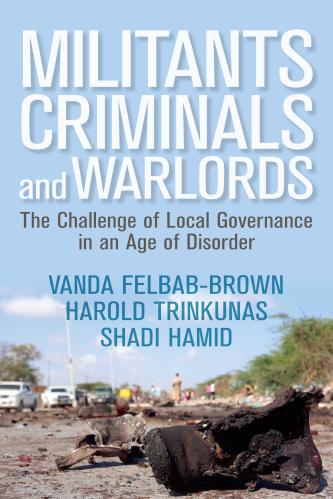
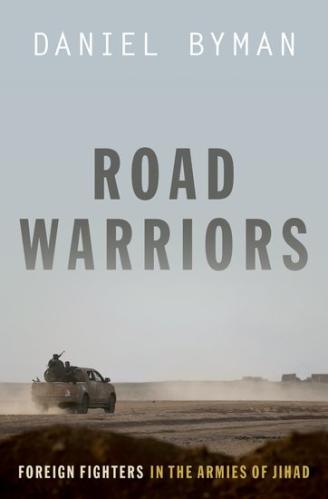
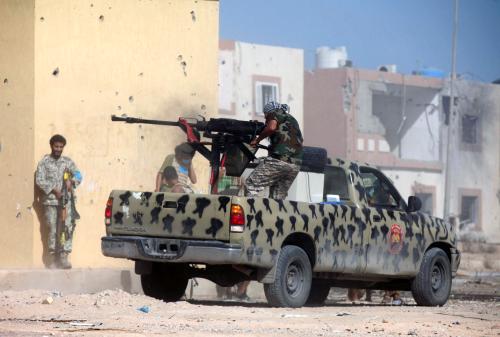
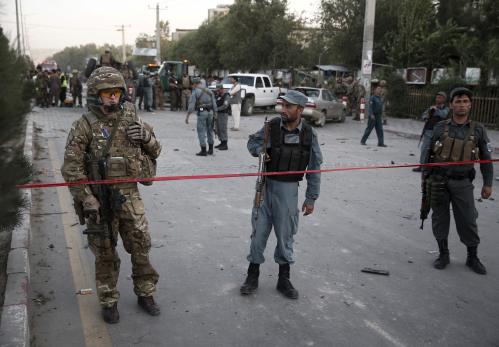
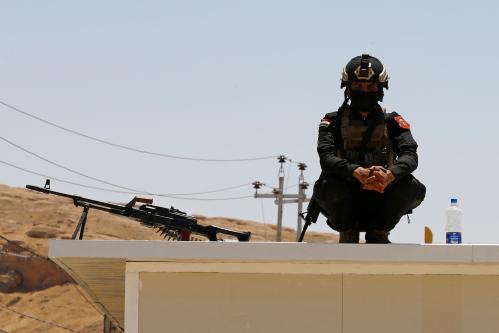


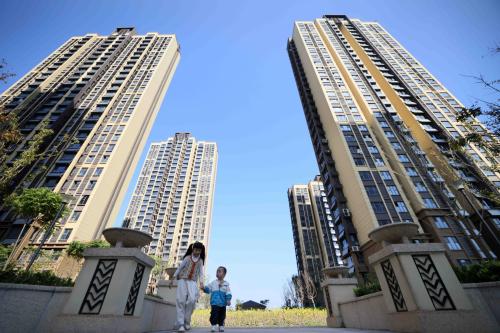
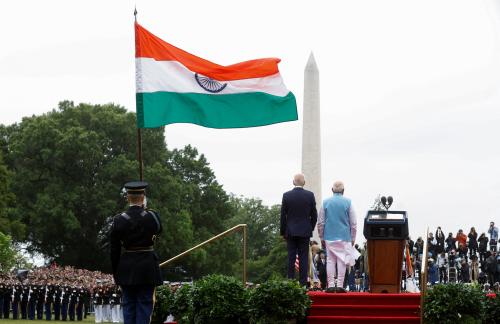
Commentary
How Iraq’s economic crisis affects its traditional and non-traditional security sector
January 15, 2021